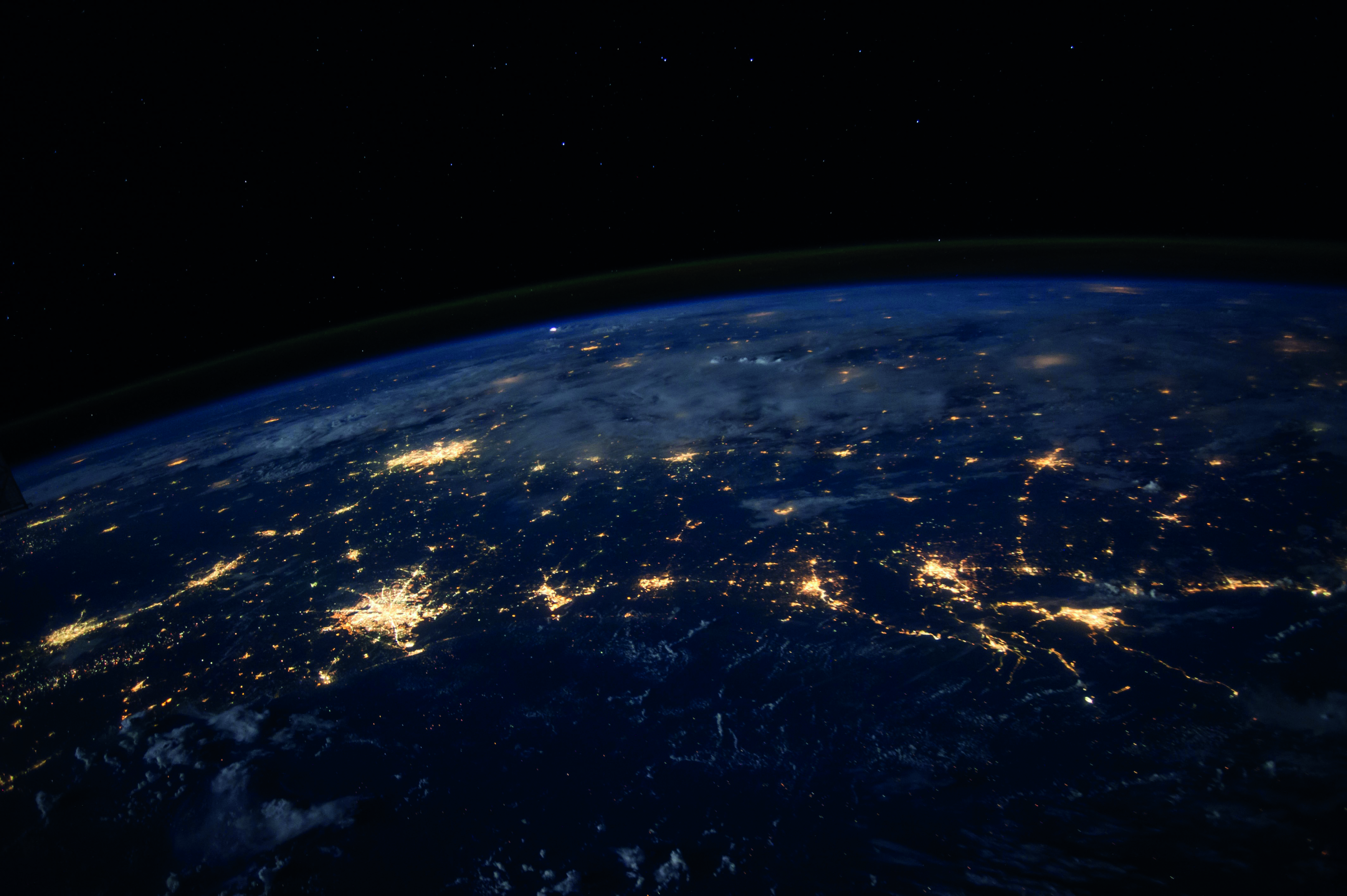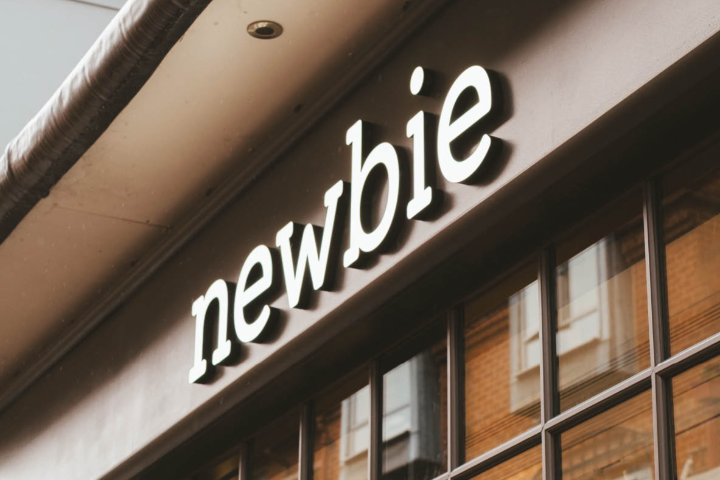
The Economist forsees: The World in 2022
23 February 2022
We can probably agree that 2021 was a year of unpredictability, putting our adapting skills to the ultimate test. By the looks of it, last year prepared us for the year to come, where the key word will be adjustment. The Link spoke to Tom Standage, Deputy Editor at The Economist and Editor for the future-gazing annual “The World Ahead”, who shared his predictions for 2022.
In your opinion, what are the key trends or events that will have the greatest influence on 2022?
I think 2022 will be dominated by the need to adjust to new realities, both in areas reshaped by the pandemic (the new world of work, the future of travel) and as deeper trends reassert themselves (the rise of China, accelerating climate change). So, it’s a year in which we’re still dealing with the virus and grappling with its implications, but we’re also starting to look beyond it.
“We’re moving down the path from this being a pandemic to becoming an endemic disease.”
What are your predictions regarding the development of the pandemic?
We’re moving down the path from this being a pandemic to becoming an endemic disease, where we treat the symptoms rather than trying to control its spread, like we do with influenza. We’re not there yet, but we are much closer to that situation than we were a year ago. New antiviral pills will help this year, and we should also keep an eye out for new vaccines that can be administered by skin patch or inhalation. That would help to improve vaccine coverage in the developing world.
How will our working conditions evolve?
This is the year when companies really have to start getting to grips with the realities of hybrid working. Surveys show that parents, women, and members of ethnic minorities are less keen on returning to the office full-time and would prefer to spend more of their days working from home. And we also know that bosses tend to reward workers they interact with more often. So, the risk is that women and members of ethnic minorities will miss out on pay rises and promotions, and companies will go backwards on gender and racial equality. The hybrid workplace of the future will be less fair—unless companies design it not to be, by overhauling their internal culture and processes accordingly.
“The hybrid workplace will be less fair — unless companies design it not to be.”
What can we expect in terms of tech advancements in the upcoming year?
The astonishingly rapid development and rollout of coronavirus vaccines has been a reminder of the power of science and technology to change the world. Although vaccines based on new mRNA technology seemed to have been created almost instantly, they actually drew upon decades of research going
back to the 1970s. As the saying goes in the technology industry, it takes years to create an overnight success. So, keep an eye out for other new technologies that might burst into prominence, from heat pumps to electric flying taxis to 3D-printed housing.
What changes are going to be made to combat the climate emergency and global warming?
There is still a disconnect between governments’ grand promises to cut emissions and real action. Alas, I don’t see much changing in 2022, though perhaps we’ll get more detail at COP27 in Egypt. Globally we need to be investing about USD 5tn a year in new energy infrastructure to reach net-zero by 2050, but we are investing less than half that much. And the recent rise in energy prices means that some countries have been using more coal. The current short-term energy crunch has set back efforts to cut emissions and tackle climate change. But the solution to both problems is the same: more investment in clean energy infrastructure.
What is the economic outlook for 2022?
The big question this year is the extent to which the virus will keep inflation higher for longer (by contributing to labour shortages and disrupting supply chains) and hamper economic activity and growth in China (which is still pursuing a zero-covid strategy, with big lockdowns whenever a few cases are found). Fighting inflation will be tricky, because raising interest rates, the usual policy tool, doesn’t help workers recover, unblock supply chains, or make factories reopen. So, the economic outlook is very dependent on what happens with the virus.
“The new normal is already here, so we might as well get used to it.”
Are there any predictions that are more difficult to make?
All predictions have gotten harder to make, because we’re in a new era of unpredictability, after what looks, in retrospect, to have been an unusual period of relative geopolitical and economic stability. Many people are asking when things are going to return to normal, and the answer is that they aren’t. The pre-pandemic world is gone and is not coming back. And the rest of the decade is more likely to look like 2021 or 2022 than like 2018 or 2019. The rather unstable situation we now find ourselves in, whether it’s brought on by the pandemic, the economy, geopolitics, or rapid technological and social change, is the new normal. It’s already here, so we might as well get used to it.



